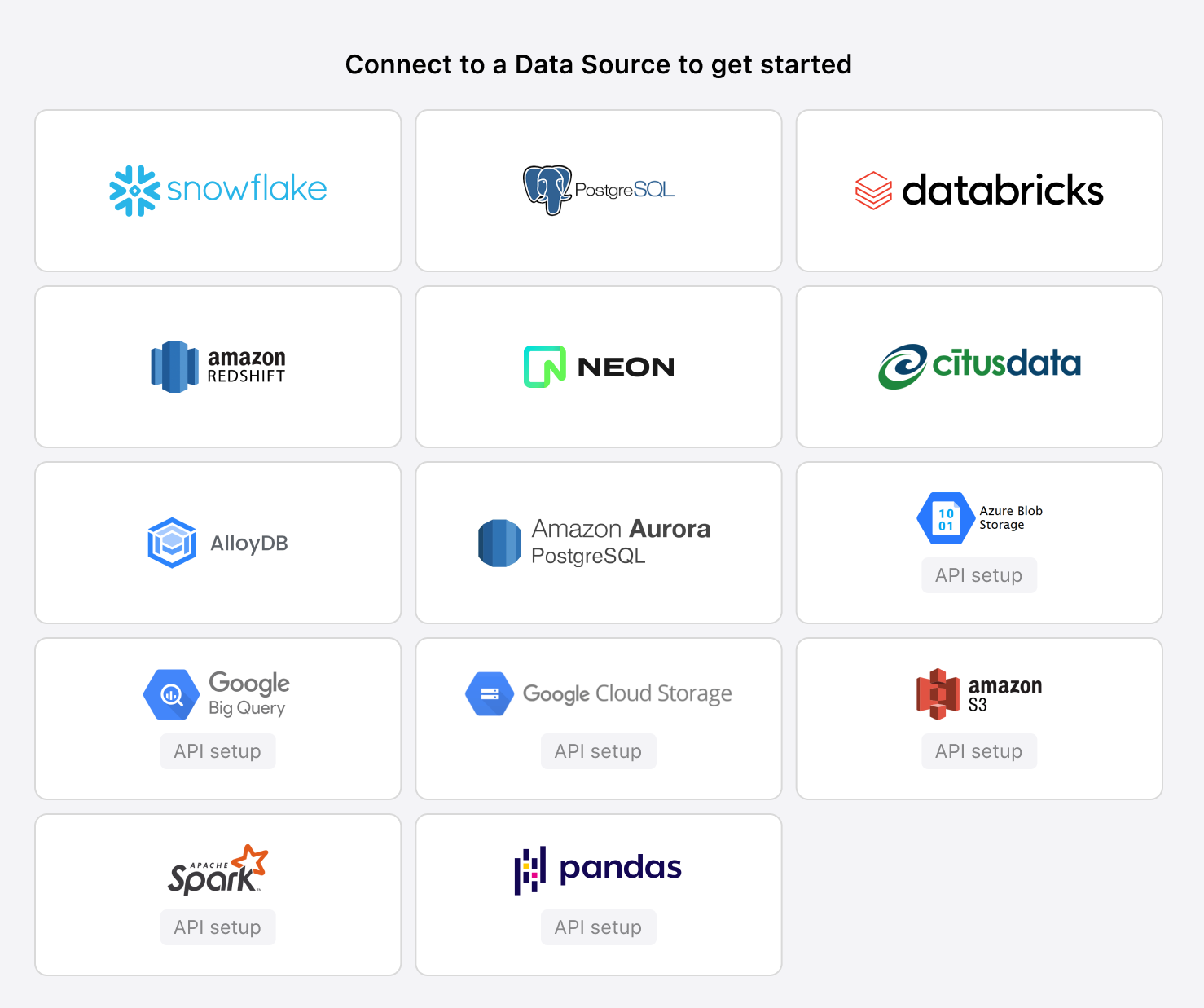Say hello to GX Cloud
Loading video...
Why data teams choose GX
Why data teams choose GX
Built for today’s data complexity
Modern data systems are powerful—but fragile. Data breaks, pipelines drift, and nobody wants to be the last to know.
GX gives your team tools to:
Validate critical data across your pipelines
Share a common language for data quality
Build trust across technical and business teams

Bad data doesn't stand a chance
Data quality that fits your workflow.
GX meets you where you are—whether you're debugging a flaky pipeline or rolling out a governance program
Auto-generate tests using ExpectAI
Monitor your data health in real time
Share insights with business teams
Get alerts before bad data causes damage
Built on open source, powered by community
Built on open source, powered by community
The open-source standard for data quality testing
GX Core is a flexible, Python-based framework that fits right into your data workflows. Write tests that reflect your business logic, validate data where it lives, and get structured results you can plug into CI/CD, alerting, or dashboards.
Catch issues during development, validate data before it moves downstream, and monitor quality in production—without rewriting your workflows.


